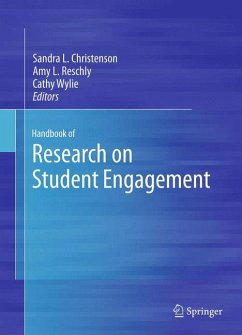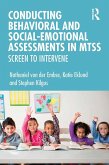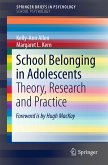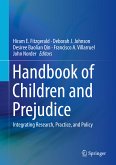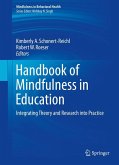The Handbook guides readers through the field's rich history, sorts out its component constructs, and identifies knowledge gaps to be filled by future research. Grounding data in real-world learning situations, contributors analyze indicators and facilitators of student engagement, link engagement to motivation, and gauge the impact of family, peers, and teachers on engagement in elementary and secondary grades. Findings on the effectiveness of classroom interventions are discussed in detail. And because assessing engagement is still a relatively new endeavor, chapters on measurement methods and issues round out this important resource.
Topical areas addressed in the Handbook include:
- Engagement across developmental stages.
- Self-efficacy in the engaged learner.
- Parental and social influences on engagement and achievement motivation.
- The engaging nature of teaching for competency development.
- The relationship between engagement and high-risk behavior in adolescents.
- Comparing methods for measuring student engagement.
An essential guide to the expanding knowledge base, the Handbook of Research on Student Engagement serves as a valuable resource for researchers, scientist-practitioners, and graduate students in such varied fields as clinical child and school psychology, educational psychology, public health, teaching and teachereducation, social work, and educational policy.
Dieser Download kann aus rechtlichen Gründen nur mit Rechnungsadresse in A, B, BG, CY, CZ, D, DK, EW, E, FIN, F, GR, HR, H, IRL, I, LT, L, LR, M, NL, PL, P, R, S, SLO, SK ausgeliefert werden.

